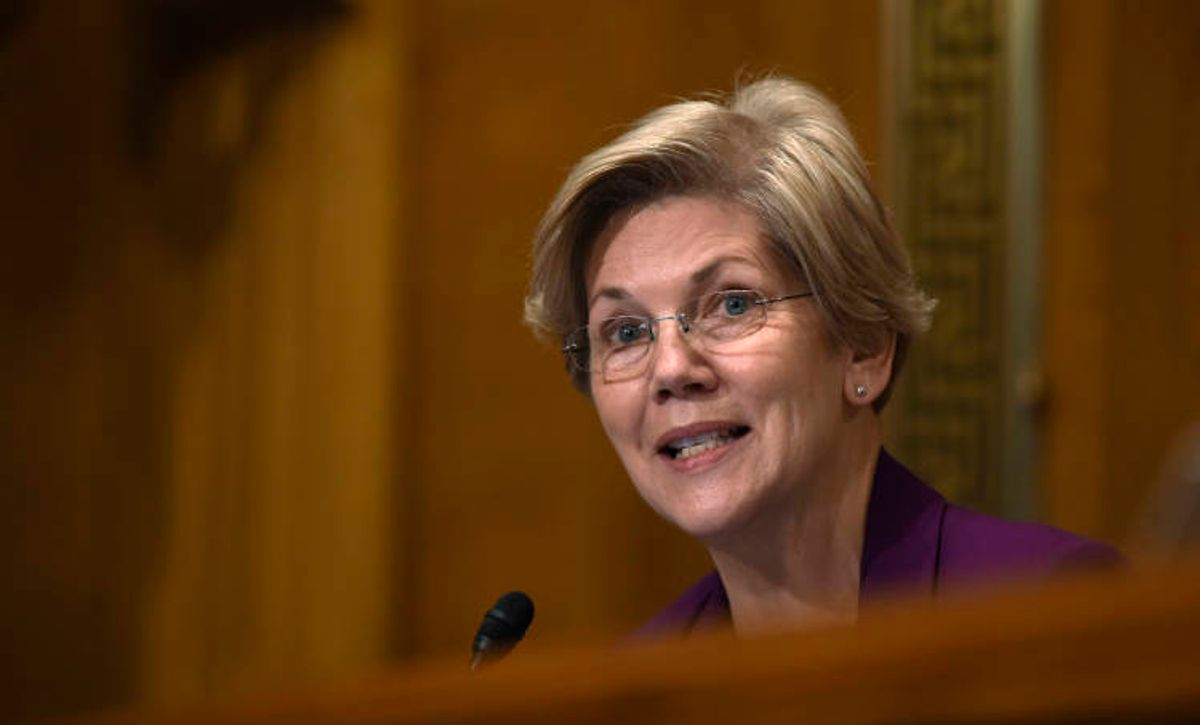Big Oil would like to export unlimited amounts of crude oil outside of the U.S. to increase their profits, but there is a longstanding ban on crude oil exports standing in the way. What's a Big Oil executive to do? Spend millions to lobby Congress to change the rules, of course.
The export ban was originally imposed as a response to the 1973 oil crisis and applies only to crude oil, not refined oil products. For the last 40 years, American companies could export products such as gasoline or diesel fuel, but most crude oil drilled in the U.S. has not been allowed on the international market.
With the rise of fracking and the slow down of major economies blamed for a decline in prices at home as well as a threat of Iranian oil flooding the market after sanctions on the country are lifted, Big Oil executives have been scrambling to find ways to increase their profits, going full-steam to lobby Congress for a repeal on the export ban. Here is how the New York Times described Big Oil's latest lobbying push:
[T]he oil industry has financed organizations whose scholars have generated reports praising the proposal. It has placed op-eds in Capitol Hill newspapers and paid for television spots in key markets, including one round of new ads introduced last week naming a dozen Democratic House members the industry is trying to pressure to back the measure.
Industry executives have even pressed foreign governments to communicate their support through “diplomatic channels.” And they have enlisted help from lawmakers from major oil-producing states, including Representative Joe L. Barton, Republican of Texas; Senator Heidi Heitkamp, Democrat of North Dakota; and Senator Lisa Murkowski, Republican of Alaska. These lawmakers alone have also benefited from more than $3 million combined in direct industry campaign contributions during their careers.
Louis A. Finkel, the top lobbyist at the American Petroleum Institute in Washington, calls the effort a “campaign-style engagement,” more akin to a presidential campaign.
[...]
Think tanks have been a critical part of the repeal effort, with prominent centers like the Brookings Institution and the American Enterprise Institute issuing reports or sending scholars to Capitol Hill endorsing the move. These same organizations have taken large donations — in some instances exceeding $1 million a year, as was the case for Brookings — in combined contributions from industry donors.
While the offensive will likely work in the Republican-led House, which is set to vote on repeal this Friday, the White House has already intimated it has no interest in reversing the ban, citing environmental concerns associated with increased production, and at least one Senate Democrat is fed up with the so-called "experts" Big Oil has trouted out before Congress to downplay the effects of climate change.
"We've held a hearing on the export ban in July," Massachusetts Senator Elizabeth Warren said during a hearing of the Senate Banking Committee last week. "But the only witness -- the only witness testifying on the climate effects of this bill was a conservative economist who thinks, quote, 'No one really knows' the extent to which humans are causing climate change," she added incredulously.
"The most obvious effect of lifting the crude oil export ban would be to produce enormous profits for a number of big oil companies," Warren continued. "And that is a reason by itself to be skeptical of study after study and expert after expert that have been funded by big oil to try to sell this deal."
"This committee apparently has no interest in hearing from any of the many, many experts who apparently do believe that manmade climate change is a problem. And for those of us who want to listen to these scientist, lifting the ban without thoroughly considering and addressing the potential environmental consequences sounds pretty darn reckless," she argued.
Warren, who just last week went after the Brookings Institute last week for shilling before Congress on behalf of corporate interest, conceded that the oil export ban may need to be reevaluated for some adjustments but warned that "any changes we make should be based on independent data and should address legitimate concerns."
"Big Oil may not like that but we weren't sent here to work for them," she concluded before Republicans quickly adjourned the hearing.
Watch Warren drop the proverbial mic on her Republican colleagues and Big Oil's shady lobbying scheme over at Huffington Post.

Shares